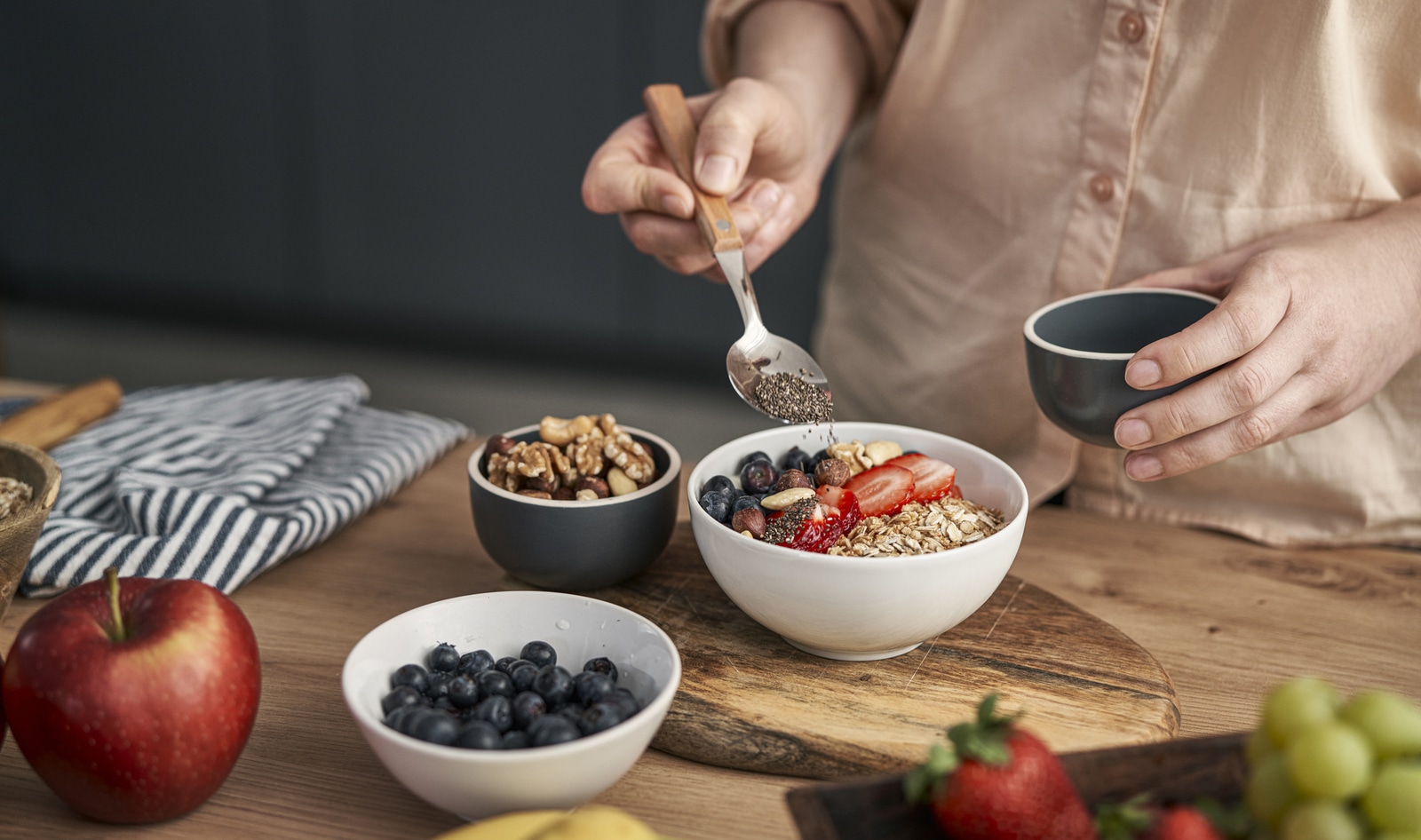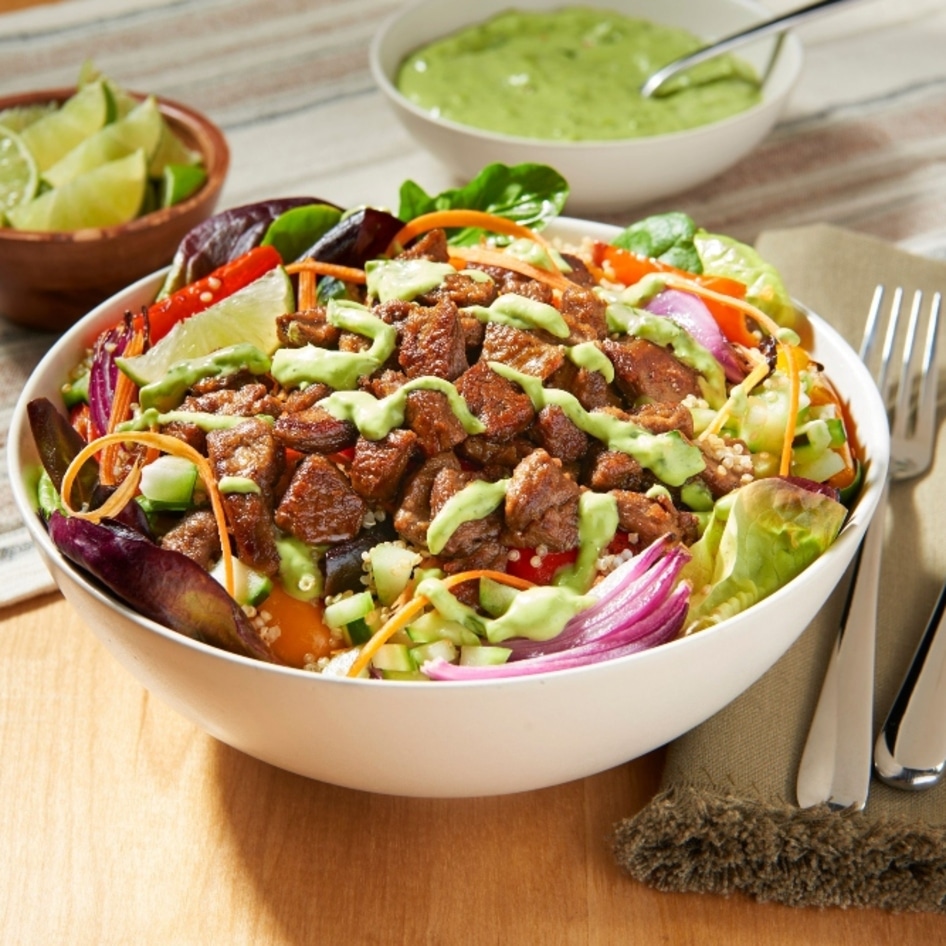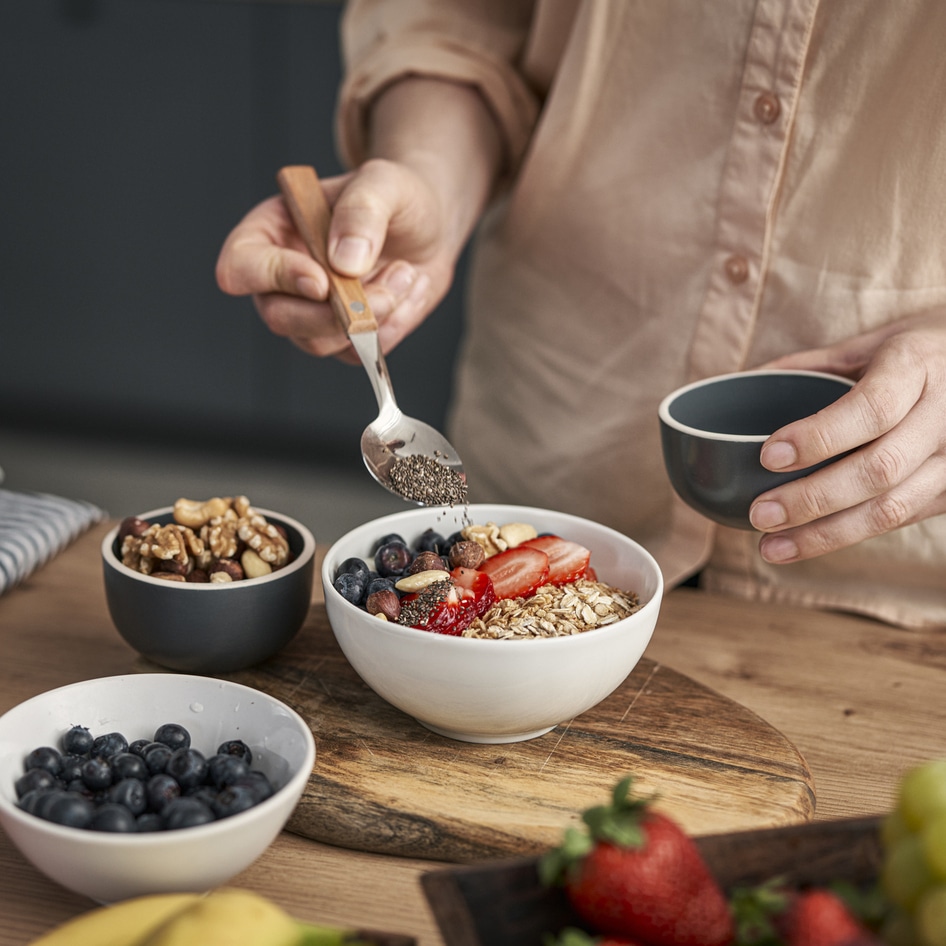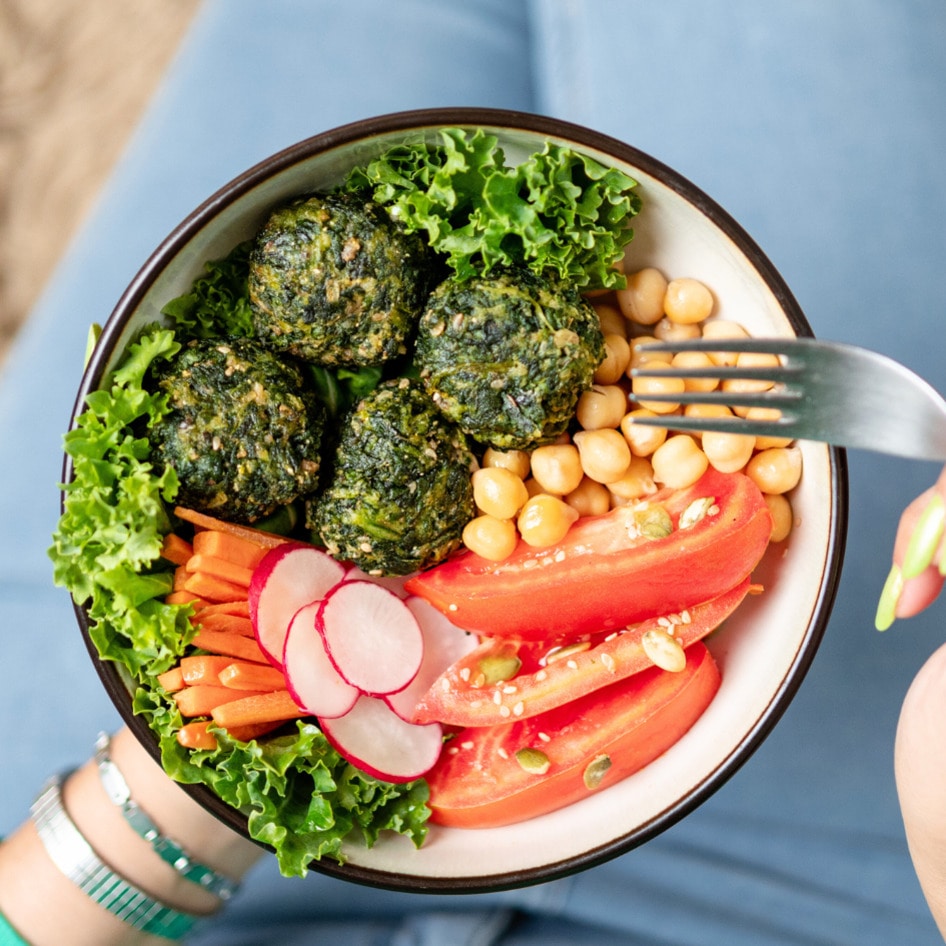Cholesterol is a waxy substance found in your blood essential for building cells and producing hormones. However, when it comes to cholesterol, there are good guys (HDL) and bad guys (LDL). HDL cholesterol helps remove LDL from the bloodstream.
Why does it need to be removed? High levels of LDL cholesterol can lead to plaque buildup in arteries, increasing the risk of heart disease and stroke
Managing cholesterol levels is vital, especially as cardiovascular disease remains a leading cause of death worldwide. One way to do that is with a diet change and eating plant-based has been shown to significantly lower cholesterol levels, often with noticeable improvements within a few weeks. But how fast can a plant-based diet lower cholesterol, and what are the mechanisms behind this effect?
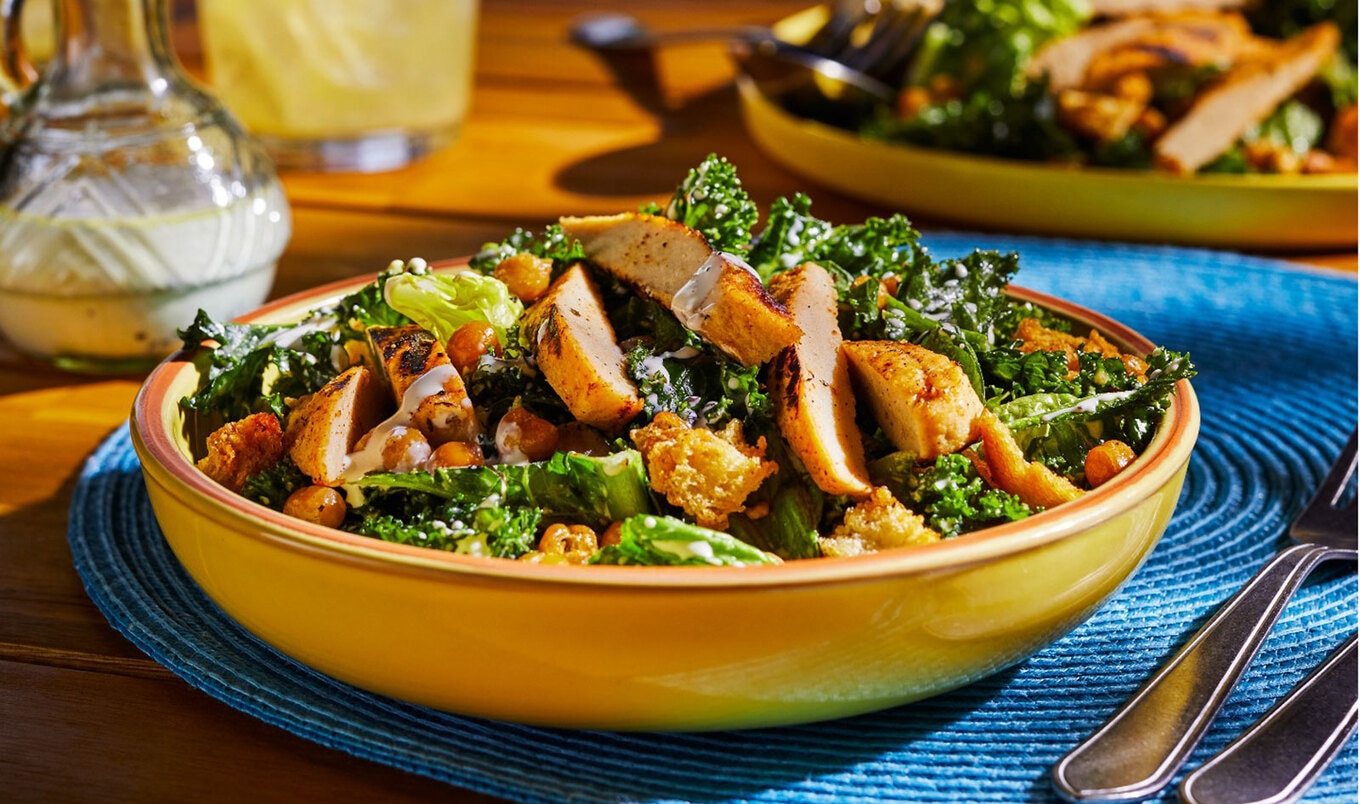 Quorn
Quorn
The science behind diet and cholesterol
Several studies highlight the cholesterol-lowering potential of plant-based diets. Research from the University of Exeter found that replacing meat with mycoprotein, such as Quorn, can reduce LDL cholesterol by 10 percent over four weeks. This reduction is comparable to results achieved with a Mediterranean diet, emphasizing the effectiveness of plant-based foods in lowering cholesterol.
“Introducing Quorn foods into a diet on a regular basis helps to significantly lower bad cholesterol, blood glucose, and c-peptide concentrations, which is important for boosting heart health and reducing the risk of cardiovascular disease,” Dr. George Pavis, who led the study, said in a statement.
In another study, published in the European Heart Journal, researchers examined 30 randomized trials involving 2,372 participants. This comprehensive analysis found that vegetarian and vegan diets led to significant reductions in cholesterol markers, including a 14-percent decrease in apoB—a protein that helps transport lipids in the blood—levels and a 10-percent decrease in LDL cholesterol levels.
“If people start eating vegetarian or vegan diets from an early age, the potential for reducing the risk of cardiovascular disease caused by blocked arteries is substantial,” Professor Ruth Frikke-Schmidt, one of the lead researchers, said in a statement.
Lowering cholesterol with a plant-based diet
Cholesterol serves various functions in the body, including forming cell membranes, producing hormones, and synthesizing vitamin D. However, high levels of LDL cholesterol can lead to arterial blockages and calcification, increasing the risk of heart disease.
Research also indicates a relationship between cholesterol and gallstones, with high cholesterol levels contributing to their formation.
 Getty
Getty
Implementing a plant-based diet that works to keep LDL cholesterol in check involves prioritizing whole, unprocessed foods to maximize nutrient intake while minimizing unhealthy fats.
“A plant-based diet offers a few key advantages when it comes to lowering your cholesterol,” Catherine Rall, a registered dietitian at Happy V, tells VegNews.
“The first is the simple fact that the most cholesterol-dense foods tend to be animal-based; red meat and full-fat dairy products top the list here,” Rall says.
Diversifying protein sources by incorporating various plant-based proteins such as lentils, beans, and tofu is also beneficial. Additionally, opting for healthy fats found in avocados, olive oil, and nuts, while avoiding trans fats and limiting saturated fats, can help regulate body metabolism and manage cholesterol levels.
“Plant-based diets, especially those with plenty of nuts and seeds, are also high in nutrients like fiber and omega-3 fatty acids that can help to lower your cholesterol and improve your balance of LDL and HDL cholesterol,” Rall says.
How fast can a plant-based diet lower cholesterol?
The role of a whole food, plant-based diet in cholesterol management is undeniable. But why is this way of eating so effective and how fast can it work?
Mrinal Pandit, a registered dietitian at Olivia Skin and Hair Clinic, says it comes down to these types of diets being higher in soluble fiber, which binds to LDL cholesterol in the digestive system to move it out of the body.
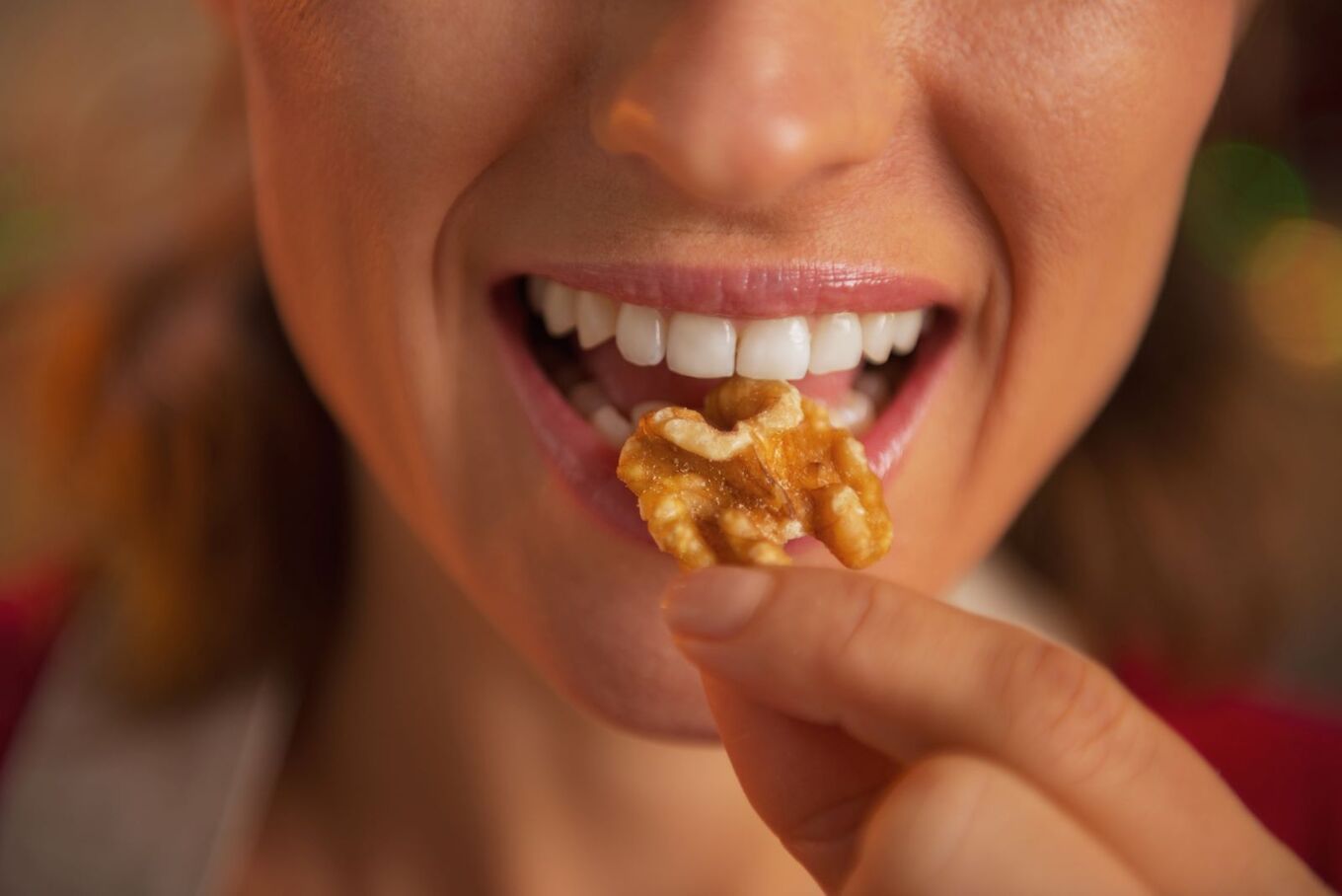 Getty
Getty
Nuts and seeds are also more readily consumed by those who follow a whole food plant-based diet, which contains mono- and polyunsaturated fats that contribute to lowering LDL levels.
“By eliminating or reducing animal products, intake of saturated fats decreases, directly impacting the reduction of LDL cholesterol,” Pandit says.
“Plant-based diets have shown a significant impact on reducing cholesterol levels,” Pandit says. “A diet primarily consisting of vegetables, fruits, whole grains, nuts, seeds, and legumes can improve cholesterol levels in four to six weeks.”
Pandit advises individuals to monitor their cholesterol levels before and after making significant dietary changes as these learnings will help ascertain the diet’s effectiveness. “Adjusting dietary approaches based on these results, personal health goals, and preferences is essential for long-term success and health,” Pandit says.
For more plant-based stories like this, read:
JUMP TO ... Latest News | Recipes | Guides | Health | Subscribe

